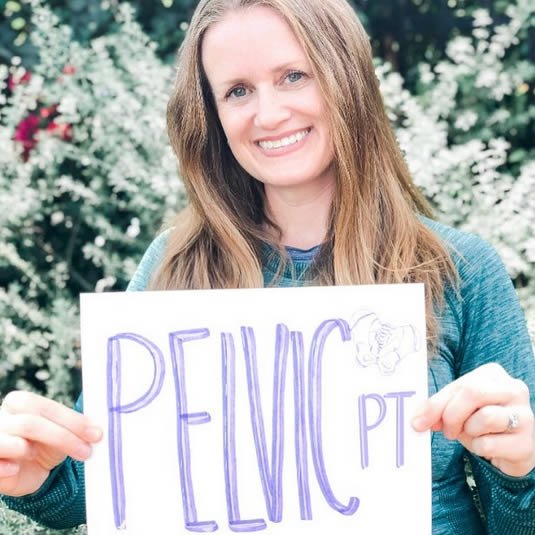
Heather Jeffcoat
I don’t know about you, but I was always taught growing up that it’s good to pee before leaving the house.
Not really sure if you actually need to go? Wait – you may need to stop peeing “just in case”!
Makes sense, right? Why not pee now in order to avoid having to pee later, at a more inconvenient time? Well, according to TikToker @nosuchthingastmi, it’s actually not a good idea!
In the TikTok, she explains that if you frequently urinate when you don’t actually need to, you’re emptying your bladder when it’s only half full instead of at full capacity.
This can lead to increased feelings of urgency because your bladder gets used to functioning at a lower capacity than it’s supposed to. Once that happens, you need to need to stop peeing “just in case” so it stops signaling that it needs to be emptied when it’s really only half full.
I wanted to get a little more info on if “just in case” was really messing with all of our bladders, so I consulted Heather Jeffcoat, DPT, a Los Angeles–based physical therapist with an emphasis in pelvic floor health. According to Heather, the info in the TikTok is 100% true!
One of the first things we learn in pelvic health physical therapy education is to educate our patients to not urinate ‘just in case,'” Heather told BuzzFeed. “When the neurologic connection between the bladder and the pelvic floor becomes dysfunctional, instead of the pelvic floor contracting to maintain continence, they relax and the bladder contracts in a setting where it is not appropriate to do so, and urinary leakage may result — in your car, in the hall on the way to the bathroom, etc.”
The sweet spot [for urination] is a regular frequency of once every two to three hours. At night, you should be getting a minimum of six hours of straight sleep before your bladder wakes you up.”
If you’re still curious as to why you may need to stop peeing “just in case”, continue reading the full article here.
